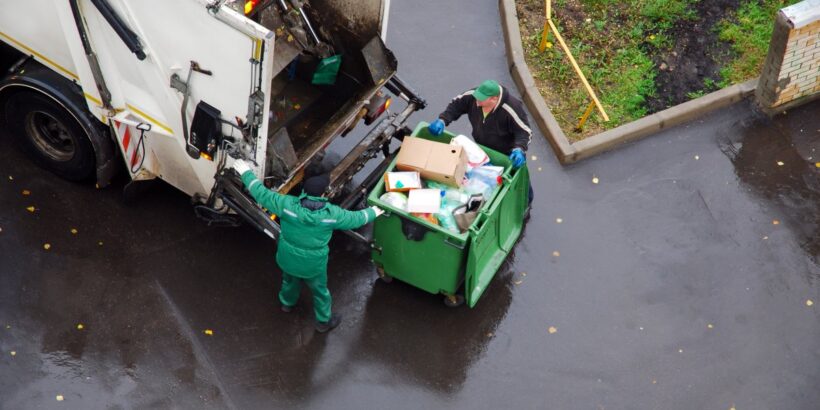Many business owners view waste management as just another operational cost. They see the trash pile up, pay to have it hauled away, and don’t give it a second thought.
However, overlooking how your company handles its waste can lead to significant, often hidden, problems. Irresponsible waste practices hurt your business’s financial health, reputation, and operational efficiency—here’s how.
The Financial Drain of Improper Disposal
The most direct way poor waste management hurts your business is through financial costs. Regulatory bodies impose steep fines on companies that fail to comply with disposal laws. Incorrectly sorted waste, hazardous materials in the wrong bins, and exceeding disposal limits can all trigger expensive penalties.
Beyond fines, inefficient waste processes drive up operational expenses. When you don’t optimize your waste streams, you often pay more for collection services than necessary. Disorganized disposal areas can also lead to paying for more pickups than you actually need, adding unnecessary costs to your budget.
Damaging Your Company’s Reputation
Consumers today are more environmentally conscious than ever. They prefer to support businesses that share their values, and a company’s approach to waste is a very visible indicator of its environmental commitment.
News of irresponsible disposal, whether it’s a local complaint or a larger environmental incident, can spread quickly and severely damage your brand’s reputation. This loss of customer trust is often difficult to recover from, leading to decreased sales and a tarnished public image that competitors can easily exploit.
Creating Operational Slowdowns
Inefficient waste management can also disrupt your daily operations. When disposal systems are disorganized, employees waste valuable time dealing with overflowing bins and sorting trash. This takes them away from their core responsibilities and slows down productivity.
Furthermore, poorly maintained equipment, such as compactors, can break down unexpectedly, causing significant operational delays and safety hazards. Implementing a schedule for preventive maintenance on compactors ensures they run smoothly, prevents costly interruptions, and keeps your workflow efficient.
Taking control of your waste management is a strategic business decision. Start by conducting a thorough waste audit to understand what you’re throwing away and identify opportunities for reduction and recycling. Educate your team on proper disposal procedures to ensure compliance and improve efficiency.
Benefits of Streamlined Waste Management Systems
Implementing a streamlined waste management system offers numerous advantages for businesses. First, it reduces the time employees spend on managing waste, allowing them to concentrate on their primary tasks and improving overall productivity. Second, it minimizes workplace clutter, creating a cleaner and safer environment for employees.
Third, effective waste management supports compliance with environmental regulations and contributes to sustainability efforts, enhancing your company’s reputation. By investing in better waste management practices, businesses can achieve significant operational efficiencies while promoting an eco-friendlier workplace.
Adopting responsible practices mitigates financial and reputational risks, positioning your business as a forward-thinking, environmentally conscious leader. By treating waste management as an integral part of your strategy, you can protect your bottom line and build a stronger, more resilient company. Act today before these irresponsible waste practices truly hurt your business.
